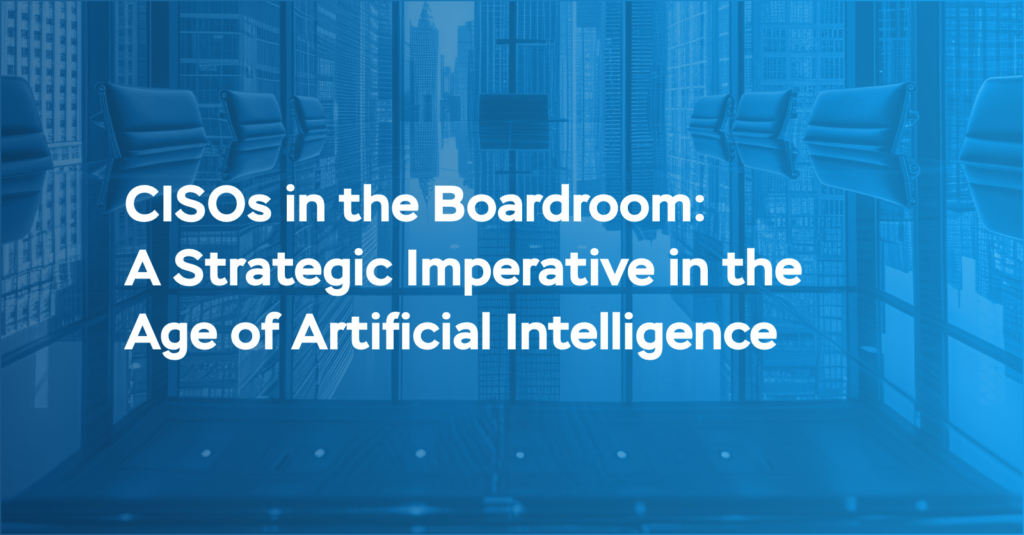In today’s rapidly evolving digital landscape, cybersecurity is no longer just an IT concern. It’s a critical business risk that demands the attention of the highest levels of leadership.  While a technically oriented Chief Information Security Officer (CISO) excels at understanding the intricate details of cybersecurity systems and vulnerabilities, a business-minded CISO brings a broader perspective. They can effectively communicate cybersecurity risks in terms of business impact, aligning security initiatives with overall organizational goals. This ensures that cybersecurity investments are not just seen as cost centers but as strategic enablers for growth and resilience. In contrast, a purely technical CISO might struggle to translate technical jargon into actionable business insights, potentially leading to misalignment between security and business objectives. As cyber threats become increasingly sophisticated, particularly with the rise of artificial intelligence (AI), the value of having a CISO in the boardroom is undeniable.
While a technically oriented Chief Information Security Officer (CISO) excels at understanding the intricate details of cybersecurity systems and vulnerabilities, a business-minded CISO brings a broader perspective. They can effectively communicate cybersecurity risks in terms of business impact, aligning security initiatives with overall organizational goals. This ensures that cybersecurity investments are not just seen as cost centers but as strategic enablers for growth and resilience. In contrast, a purely technical CISO might struggle to translate technical jargon into actionable business insights, potentially leading to misalignment between security and business objectives. As cyber threats become increasingly sophisticated, particularly with the rise of artificial intelligence (AI), the value of having a CISO in the boardroom is undeniable.
Inviting your CISO to sit on your board offers your organization a host of advantages. A CISO on your board provides strategic oversight, helping to ensure that AI adoption and cybersecurity are aligned with your company’s overall goals, not to mention bolster investor confidence through the knowledge that your board has the expertise to safeguard against the latest threats. As a member of your company’s board, your CISO can help the rest of the board better understand and learn how to navigate AI-related risks such as AI model bias, data privacy, and other concerns. In addition, your CISO can:
- Keeping the Board Informed. Having a CISO on your board gives you a direct line to the latest cyber threats. Their firsthand knowledge of evolving cyber threats, including AI-powered deepfake attacks and AI-driven phishing scams, is invaluable. They can provide risk assessment expertise to evaluate the potential impact of these threats on your company’s operations, reputation, and financial stability. This proactive approach to cybersecurity protects your company and helps the board make more informed decisions about cyber investments and strategies.
- Align cybersecurity with business objectives. By understanding the business context, CISOs can prioritize security efforts to protect their most critical assets and processes and deliver a competitive advantage.
- A business-minded CISO can navigate the complex interplay between security, compliance, and business operations, fostering a security culture that permeates the entire organization.
- They can also build strong relationships with other executives and board members, advocating for cybersecurity as a core business function.
How CISOs can ask for a seat at the table
As a CISO, it’s essential to communicate in the language of the board. Quantify cyber risk in financial terms and use real-world stories and examples to illustrate the potential damage of cyberattacks. By aligning cybersecurity with business goals and demonstrating a return on investment, you can effectively highlight the value proposition of your role. It’s also important to emphasize the growing sophistication of AI-powered threats, showcasing AI’s role in proactive defense to underscore the importance of your expertise in today’s rapidly evolving threat landscape.
By James K. Sayles,
